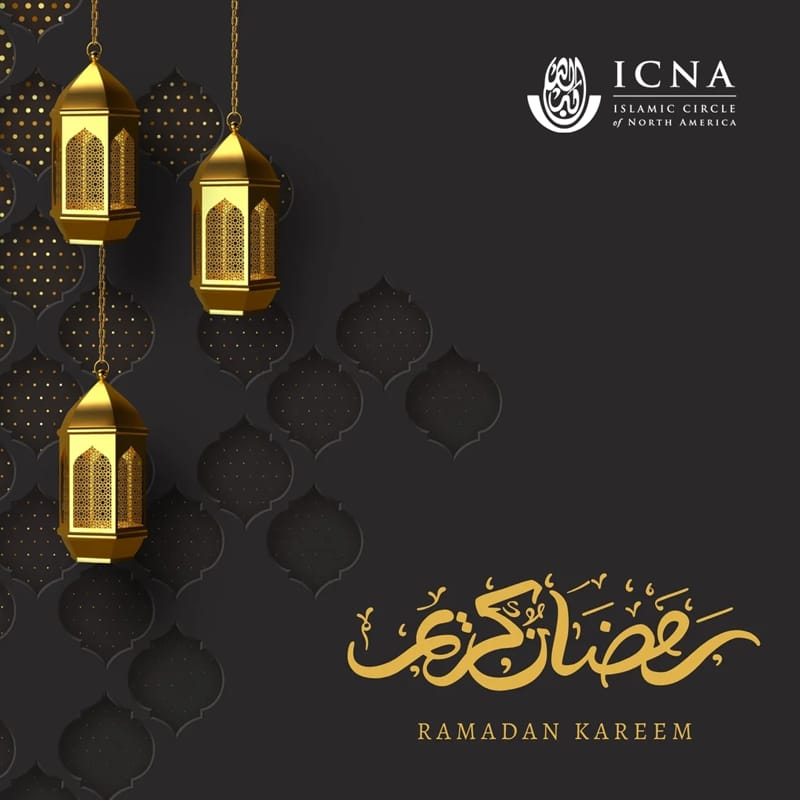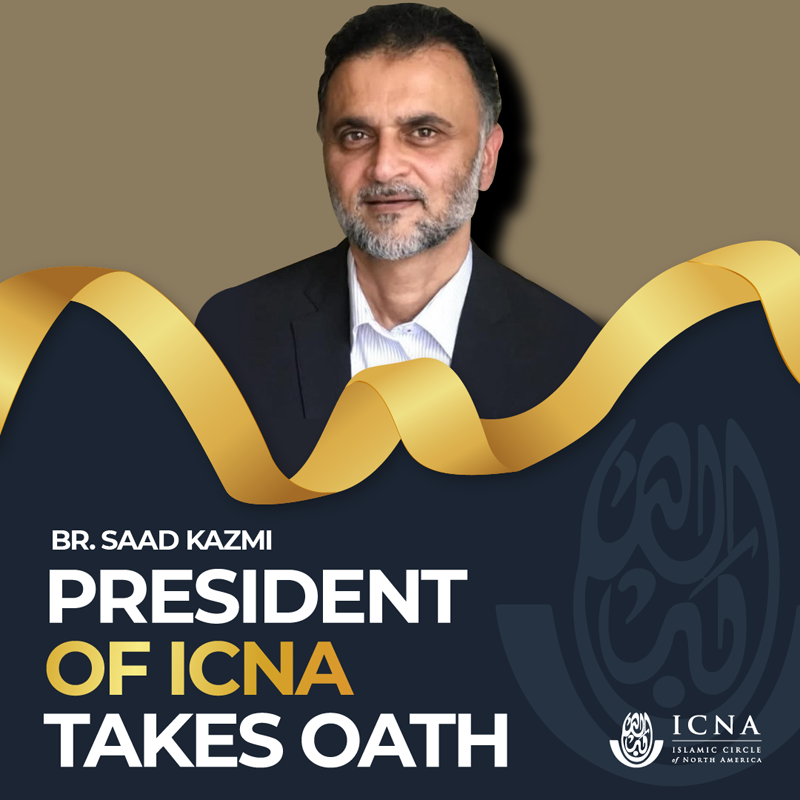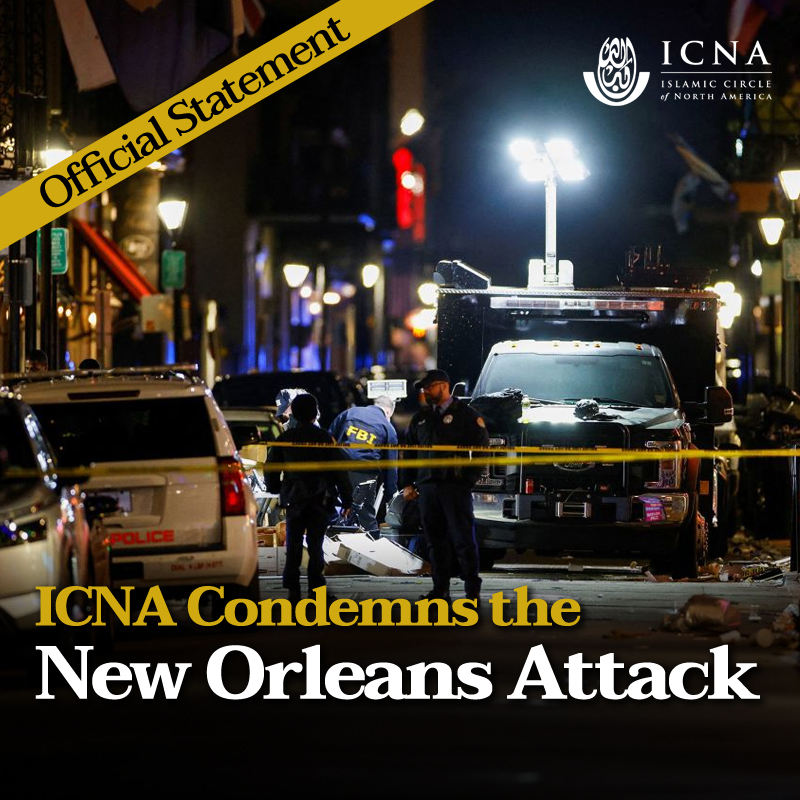Human history is rife with oppression, often cloaked by illusions of grandeur, military strength, and wealth. Yet the Qur’an reminds us of one unchanging reality: When the powerful resort to tyranny, they will inevitably face divine justice. It’s easy to believe might makes right, but the Qur’an demonstrates that no degree of power, wealth, or influence can avert God’s decree. Whether in the past or today, the same pattern emerges – tyrants rise, grow arrogant, oppress others, and are eventually undone. The Arrogance and Fall of Pharaoh Consider Pharaoh, who ruled Egypt with absolute power and committed crimes fueled by pride, declaring, “I am your lord, most high!” (Qur’an 79:24). His unchecked arrogance led him to subject the Children of Israel to forced labor, to deny them basic rights, and to have their newborn sons killed. Today we witness tyrants using lethal force against innocents, like Zionist forces in Palestine. Like Pharaoh, they disregard human life, believing political or military power shields them from moral accountability. Yet Pharaoh suffered Allan’s wrath when he and his army drowned in the Red Sea, obliterating his empire. No worldly luxuries nor amassed wealth shielded him. The lesson? When tyranny challenges divine authority, it’s condemned to failure. Wealth and the Pitfalls of Arrogance And what of Qarun, of Prophet Musa’s (peace be upon him) community? He had immense wealth and believed it a result of his intellect and skill, not divine blessings, making him arrogant. Yet his wealth, like Pharaoh’s armies, couldn’t save him. The earth swallowed him and his treasure. “So, We caused the earth to swallow him and his home.” (Qur’an 28:81) Qarun’s downfall challenges materialism. We often celebrate wealthy people and view them as paragons of success. But the Qur’an tells us that, while wealth can be a blessing, if it fosters arrogance and neglect of moral and spiritual responsibilities, it can become a curse. Qarun’s story teaches blessings must be used to serve God’s creation rather than to inflate personal egos. Historical Empires’ Collapse Historically, grand empires and powerful regimes that once seemed immutable have vanished. The Persian Empire, the Roman-Byzantine Empire, and other colonial powers have crumbled, leaving behind ruins and lessons. When the French colonized Algeria from1830–1962, indigenous Muslim populations suffered. Cultural suppression was rampant, and those who resisted were persecuted, imprisoned, and subjected to violence. The French believed themselves invincible, supported by a powerful military and a sense of cultural superiority. Yet the colonial edifice eventually collapsed, just like past empires. At its zenith, the British Empire included large swaths of South Asia, North Africa, and the Middle East. Many Muslims lived under restrictive policies that stunted their economic growth, suppressed Islamic institutions, and dismissed local voices. Though it presented itself as a beacon of civilization, the Empire disintegrated over the course of the twentieth century. Modern Examples of Tyranny’s End Syria’s Assad regime once appeared unassailable, surviving over fifty years of systematic oppression, torture, sexual violence, arbitrary arrests, and extrajudicial killings. Political power once considered monolithic is now fragmented and unstable. Many Syrians, those who endured torture, families who lost children, and the displaced who fled for safety, rejoiced at even partial signs of this regime’s weakening. Despite an uncertain future, we know oppressors who believe their power permanent eventually face their vulnerability. Leaders aren’t alone in their tyranny. Abusers who harm via physical, emotional, or psychological means, can oppress as well. When they face justice, their victims are relieved, yet believers recognize real accountability extends beyond this life. The Prophet (peace be upon him) taught, “No one who has an atom’s weight of pride in his heart will enter Paradise” (Muslim), underscoring how even a small measure of arrogance leads to spiritual ruin. Pride and Paradise Pride doesn’t just lead to external oppression; it poisons from within. It blinds individuals to their flaws, distances them from divine mercy, and deceives them into thinking themselves self-sufficient. The Prophet (peace be upon him) warns pride is destructive and must be rejected, teaching that humility is the path to divine success. The Question of Justice Delayed If oppressors’ downfalls are certain, why do many live long, successful lives with no punishment. Both Belgium’s Leopold II and Russia’s Joseph Stalin’s regimes led to the deaths of countless people yet they died in bed, seemingly without earthly retribution. Countless Zionist politicians seem to “escape” with barbaric crimes against humanity. This can test faith. The story of the People of the Ditch in Surah al-Burūj depicts believers thrown alive into a ditch of fire. The Qur’an doesn’t mention their oppressors’ immediate downfall, suggesting they escaped punishment. However, the message is this: Divine justice is never absent, only delayed. “And never think that Allah is unaware of what the wrongdoers do. He only delays them until a Day when eyes will stare [in horror].” (Qur’an 14:42) When oppressors die without accountability, we must remember our perception is limited. Complete justice belongs to God, whose knows all and who settles all moral debts on Judgement Day. This knowledge strengthens faith. Having Hope in Divine Justice Delayed or unseen justice encourages a profound relationship with Allah. The believer’s trust doesn’t just hinge on what happens in this world but rests in the conviction that God’s justice transcends human limitations. While this can be a severe test for oppressed communities, the Qur’an reassures us. “The way [of blame] is only against those who wrong the people and tyrannize upon the earth without right. Those will have a painful punishment.” (Qur’an 42:42) Moreover, martyrs’ fate reminds us that one’s spiritual standing trumps one’s worldly circumstances. The People of the Ditch perished in flames, but they are immortalized as paragons of faith and resistance. Conversely, their oppressors remain examples of moral bankruptcy who faced the ultimate reckoning. As a result, we recognize that patience and steadfastness have cosmic value. Responding to Oppression The Qur’an and hadith emphasize believers mustn’t despair when oppressed. Even when the wheels of justice grind slowly, or not at all, Muslims must











